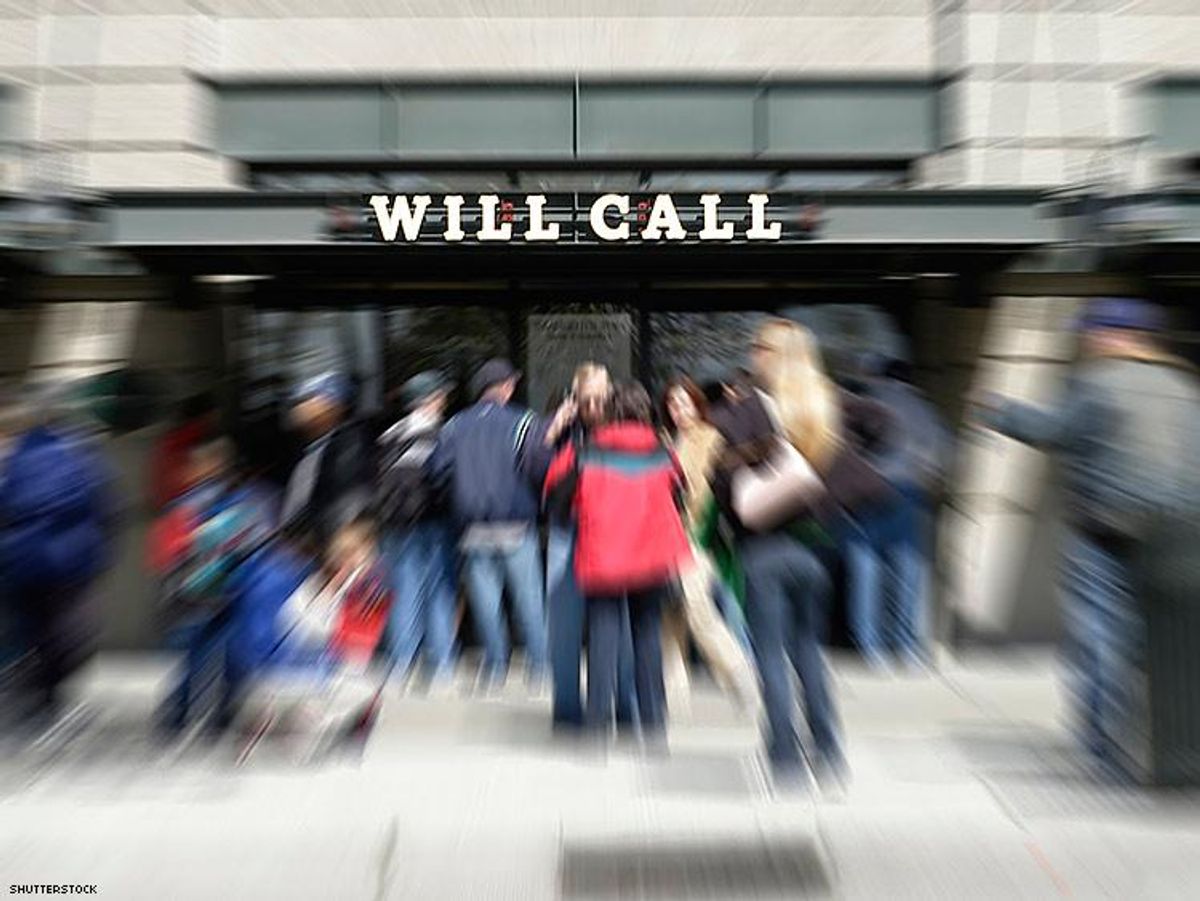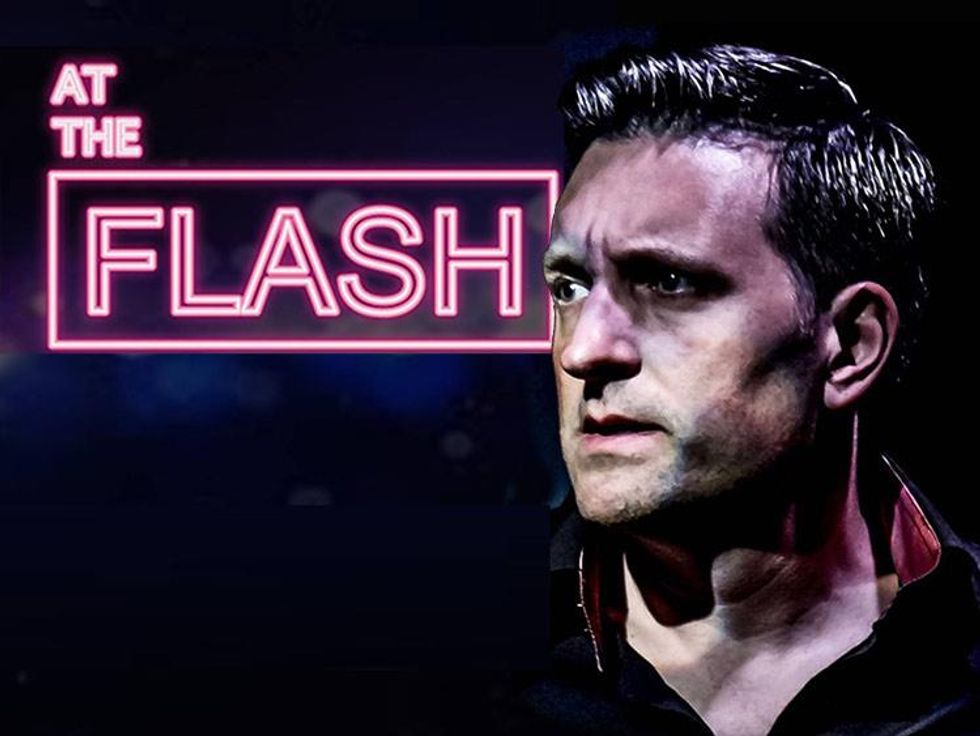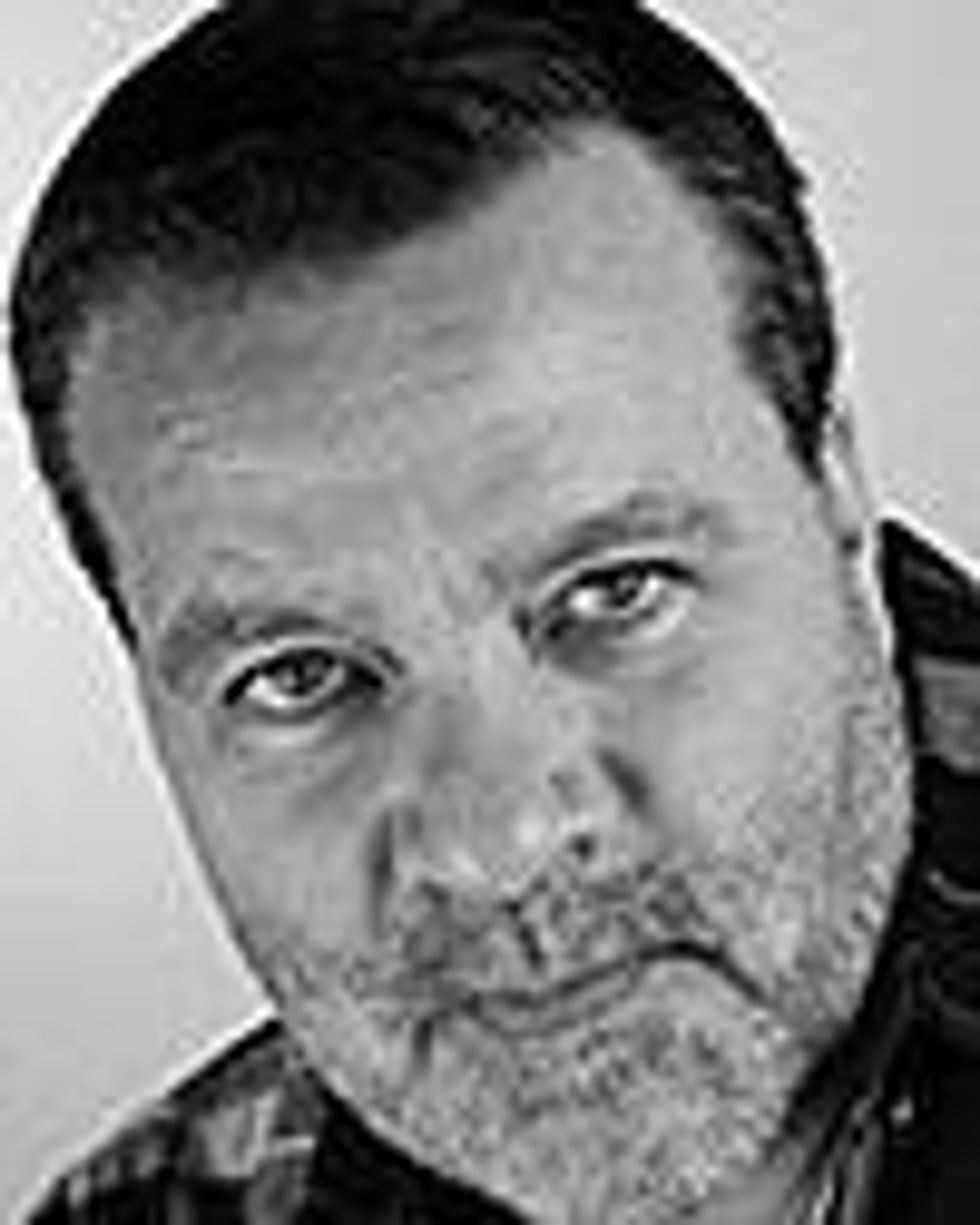Four years ago, I wrote an op-ed for The Advocate titled "Where Everybody Knows Your Name," signifying the beginning of a path for a new play cowritten with my husband, David Leeper, called At the Flash, which covers five eras in the life of a fictitious gay bar from the 1960s to the present.
This journey would see At the Flash performed in Chicago, Los Angeles, Philadelphia, and Dublin, and it will see its New York debut at this year's New York International Fringe Festival, which starts Friday.
During the travels of At the Flash, I discovered a strange irony. The perceived gay image in association with theater is that while most think LGBT people lean toward theater as an enjoyment, such a theory is a fallacy. Many LGBT folk miss a very important link in connection to theater, often giving their allotted attention of theater to bigger shows -- musicals, major award-winning plays, etc. -- and missing out on the earlier developmental workings of the yet-to-be-known shows.
Theater has a way of entertaining, educating, and edifying people with its immediate and direct human connection. It takes us to places that enlighten our minds with stories and break boundaries into the "what if's." It teaches us to accept and understand us and to present meditations on what could be.

There is an entire theater world out there that could use your support. A world that gives a start to LGBT theatrical works that would otherwise struggle to see the light of day. At the Flash got its start when it was named the winner of the 2012 Great Gay Play and Musical Competition at Chicago-based Pride Films and Plays. That started a snowball effect of honors that would lead it to its presence at this year's Fringe Festival.
The Fringe Festival's commitment toward LGBTQ works is exemplary. This year it features Michael Bradley Block making his much-anticipated debut with Illusory Adventures of a Dreamer. Block, also a festival reviewer, says, "Theater festivals can be an incubator for new works that others aren't ready to take a chance on."
New York International Fringe Festival award-winning alumni Chris Phillips, author of Pieces, notes that the exposure also enlightens gay people about the variety of LGBT plays. "The plays became accessible to an audience, gay or straight, that would have passed on something that they'd already seen a million times, a la a rom-com or coming-out story," Phillips says.
This challenge is not exclusive to the United States. Kathleen Warnock, author of this year's Fringe Festival selection The Further Adventures Of..., is the Ambassador of Love for North America at the International Dublin Gay Theatre Festival and finds the effects of LGBTQ work in theater affecting more than our community. "I've often been approached by straight audience members after a show and they register surprise that the show resonated with them or it had issues they deal with in their own lives," Warnock says.
Take a moment to seek out a local theater festival and see an LGBT show or, as At the Flash director David G. Zak suggests, "Help fund festivals by making donations, or reach out to donate to writers online to support their work. It is not impossible to do these days, and writers will be so grateful for that support."
If you're in New York, find time to check out an LGBT-themed show at this year's Fringe Festival. You may just be watching the next groundbreaking theatrical event in the works.
 SEAN CHANDLER is a playwright and screenwriter. His play At the Flash, coauthored with husband David Leeper, will be makie its New York City debut this month. He lives in New York City.
SEAN CHANDLER is a playwright and screenwriter. His play At the Flash, coauthored with husband David Leeper, will be makie its New York City debut this month. He lives in New York City.



 SEAN CHANDLER is a playwright and screenwriter. His play At the Flash, coauthored with husband David Leeper, will be makie its New York City debut this month. He lives in New York City.
SEAN CHANDLER is a playwright and screenwriter. His play At the Flash, coauthored with husband David Leeper, will be makie its New York City debut this month. He lives in New York City.















































































